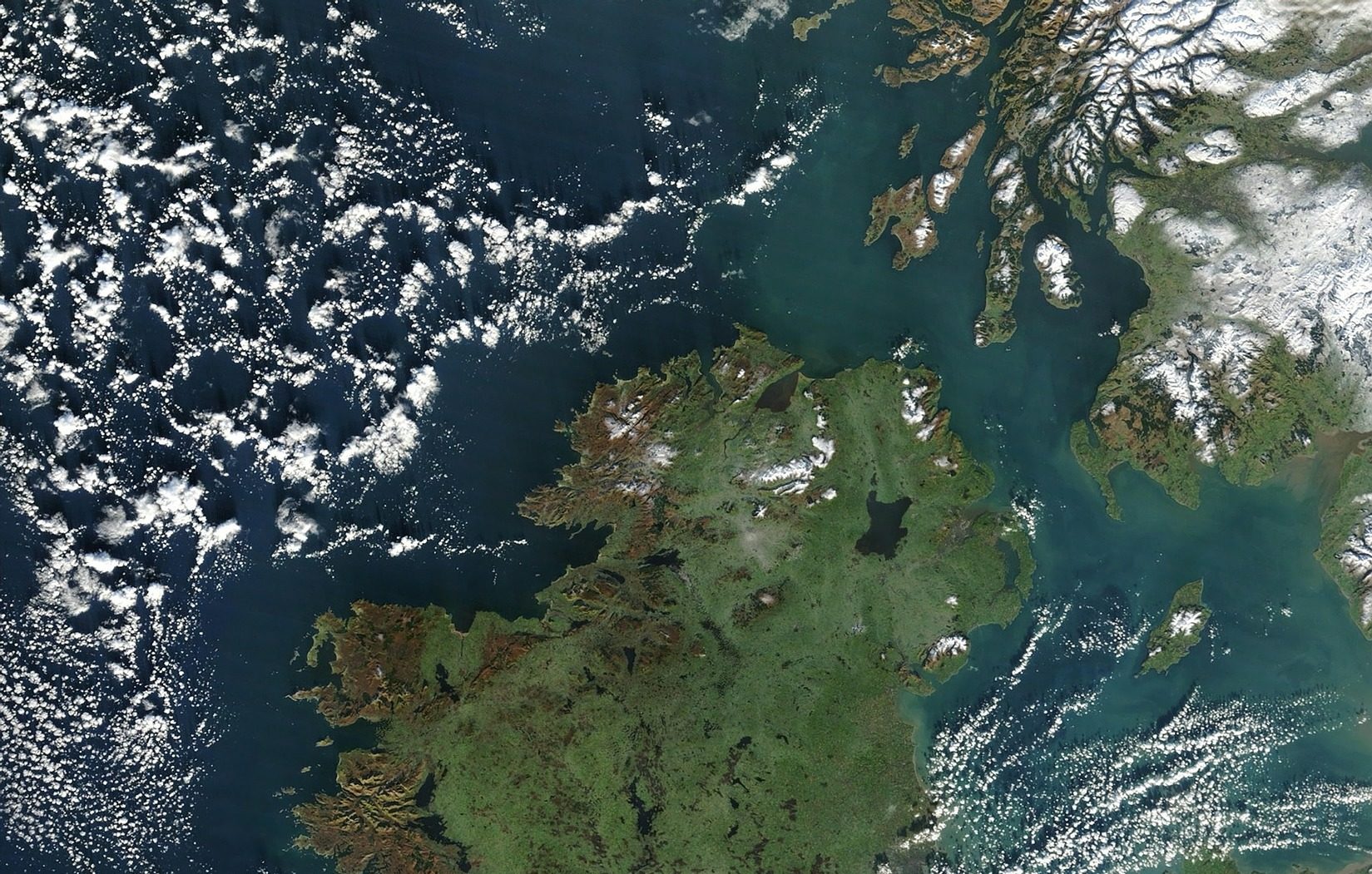Highly restrictive abortion laws have recently been passed in certain US states like Alabama sparking uproar all over the Western World and increasing fears that the landmark US Supreme Court ruling Roe V. Wade will be overturned.
Alabama passed the most restrictive of these laws in the country effectively banning abortion in basically all cases, including when rape and incest have occurred. Georgia, Ohio, Kentucky, and Mississippi have also legalized heartbeat bills – this means abortion is banned after a heartbeat has been detected. This is usually before women actually realize they are pregnant.
Furthermore, many media sources have highlighted that the prison sentence for a rapist is less severe than a sentence for getting an abortion as a result of rape in Alabama. It seems rather absurd that the victim receives more of a punishment than the attacker.
These bills have been likened to the laws of the fictional country of Gilead seen in The Handmaid’s Tale by Margeret Atwood and labeled as a ‘War on Women’ on social media. Yet despite there being a focus on the United States, legal and social restrictions on abortion rights are taking place far closer to home.
However, the issue is not just present in the United States. Northern Ireland’s laws are unfortunately far worse than those in Alabama. Their 1861 Offences Against the Person legislation states that women can face a jail sentence for life should they decide to get an abortion.
But – as demonstrated throughout history – strict abortion laws do not stop abortion. Over 3000 Northern Irish women travelled to the UK in 2017 to carry out abortions that would be illegal in their country. Indeed, Leeds Live documented that over 30 of these women came to Leeds to have their abortion.
Leeds was against at the forefront of the abortion debate when in 2016 the Women’s socialist members also gathered in Millennium square to ‘show their support for the abortion rights movement in Ireland’. The group stated that their female and socialist presence was fundamental to showing support for the women falling victim to the strict abortion laws in Northern Ireland.
Yet even in the UK, which grants abortion rights in the law, it is still restricted in many cases. When speaking to several students at the University of Leeds who attended Catholic secondary schools, I found that they were taught Catholicism is against both abortion and contraception. They were strongly advised against getting in a situation where they may require either which as we all know, is not a viable solution.
Furthermore, last year in Leeds there were pro-life protests outside abortion clinics that stopped women accessing the healthcare they needed. Therefore although legally, abortion is permitted in the UK, the right to an abortion is not widely accepted in all areas of the country and only supported in
It is therefore clear that the debate surrounding abortion laws is still far from over. The global presence of this discussion, in politics, media culture and in education has divided the population and it seems that much more is to be done in order to secure a woman’s right to obtain an abortion. In fact, in the case of laws in the US and social protests in Leeds, the right to access an abortion is falling, rapidly.

